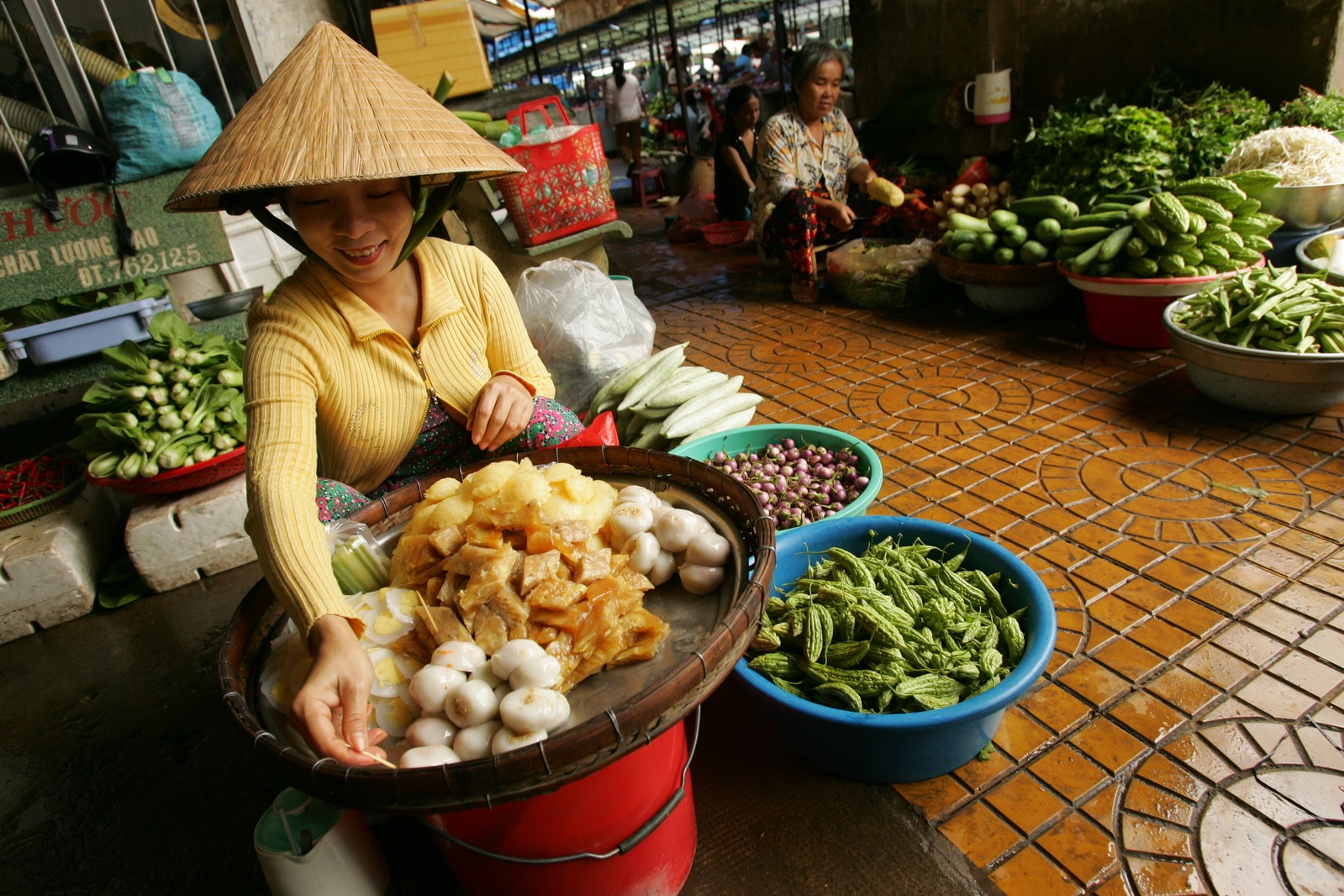We held our first Australasian Aid Conference a year ago. In fact, we called it a workshop, because we thought it would be a rather small affair. Instead, we got 50 papers and 250 participants, and we’re doing it again this year, 12-13 February at ANU in Canberra, again co-hosted with The Asia Foundation, and again bringing you the best and latest research from Australia and the region on aid and international development. If you haven’t registered yet, you’re running out of time to click here. We had to close registrations last year due to capacity constraints, and there’s every chance we will have to do so again this year. Meanwhile, if you’re still wondering whether to go, here are ten reasons why you should.
1. Tanya Plibersek. Last year we had Julie Bishop foreshadow the Coalition’s new aid policy. This year it will be Shadow Minister for Foreign Affairs and Deputy Opposition Leader Tanya Plibersek’s turn to set out whether Labor is going to oppose the new aid cuts, and more broadly what the Opposition’s thinking is on aid and the Pacific.
2. Find out why China is setting up the Asian Infrastructure Investment Bank. The most controversial development issue of 2014 was China’s establishment of its own regional bank, and the opposition to that decision from the U.S, Japan, Australia and Korea. Zhou Qiangwu, Director of China’s Asia-Pacific Finance and Development Center is a senior adviser to the Chinese government on the AIIB and other international development issues. He is in a unique position to provide a better understanding on China’s perspective on the AIIB and will be delivering a plenary address at the conference.
3. Debate whether aid has a future. The conventional wisdom is that it doesn’t, but Robin Davies, Devpolicy’s Associate Director, disagrees. He’ll be presenting his heterodox arguments at a conference plenary.
4. And discover the future beyond aid. Whether or not aid has a future, there’s growing interest in impact investment, which combines profit-seeking investments that generate financial return and social impact. Our after-dinner speaker, Kylie Charlton, is Co-Founder of Unitus Capital, which raises capital for entrepreneurial businesses benefiting those at the bottom of the economic pyramid. Be inspired by her stories, and learn more from GRM’s Alwyn Chilver on impact investing and the future beyond, during one of our parallel sessions.
5. Listen to those who receive aid. As Roger Riddell reminded us at last year’s aid conference, too often aid debates and analysis are dominated by residents of the countries that give aid. This year The Asia Foundation is bringing us a special plenary session with senior developing country officials responsible for aid management on the changing aid landscape. We’ll also hear from Annalisa Prizzon from the Overseas Development Institute on her work on this subject, and about a special survey that Devpolicy has carried out among developing country aid officials.
6. Get the lowdown on aid from India. We’ve been hearing a lot about aid from China lately, but what about aid from India? It has a long history and is growing rapidly. In another plenary organised by The Asia Foundation, speakers will examine India’s aid to Afghanistan, explore India’s use of export credits, and compare Indian and Australian aid.
7. Learn what we need to do to fix aid for health. Health was the biggest beneficiary of the global scale-up of aid over the last decade, so how did the ebola epidemic happen? Barbara McPake, the new Director of Melbourne’s Nossal Institute and formerly Professor of International Health at Queen Margaret University, will share her thinking with a plenary address on what needs to be done to fix aid for health.
8. Choose from some 20 parallel sessions featuring 63 papers. The conference will expose you to the latest and best research from Australia and the region on aid and international development issues. Session topics include: aid and governance; aid and health; aid to the Pacific; aid from Asia; aid and public opinion; aid and security; research and universities; aid and the private sector; aid effectiveness; migration; disasters and climate change; community development; and contemporary donor issues. Check out the program here.
9. Participate in contributed sessions on aid policymaking, the history of Australian aid, justice reform, and aid and conflict in Asia’s frontiers. Most of the papers presented in the parallel sessions are invited, but you can also participate in one of our special contributed sessions.
10. Network with more than 200 other academics and NGO, private and government aid practitioners. It’s not just the ideas, it’s also the contacts. The conference is a good chance to meet and chat with others with similar interests and passions. Who knows where it might lead.
Stephen Howes and Jonathan Pryke from the Development Policy Centre, Joel Negin from The University of Sydney and Anthea Mulakala from The Asia Foundation are the co-conveners of the 2015 Australasian Aid Conference.



This is very important for development sector and positive step taken by Asia Foundation.
Yours Faithfully,
Siba Pr.Pattojoshi,Secretary
IYWW,MGO,ODISHA ,INDIA.